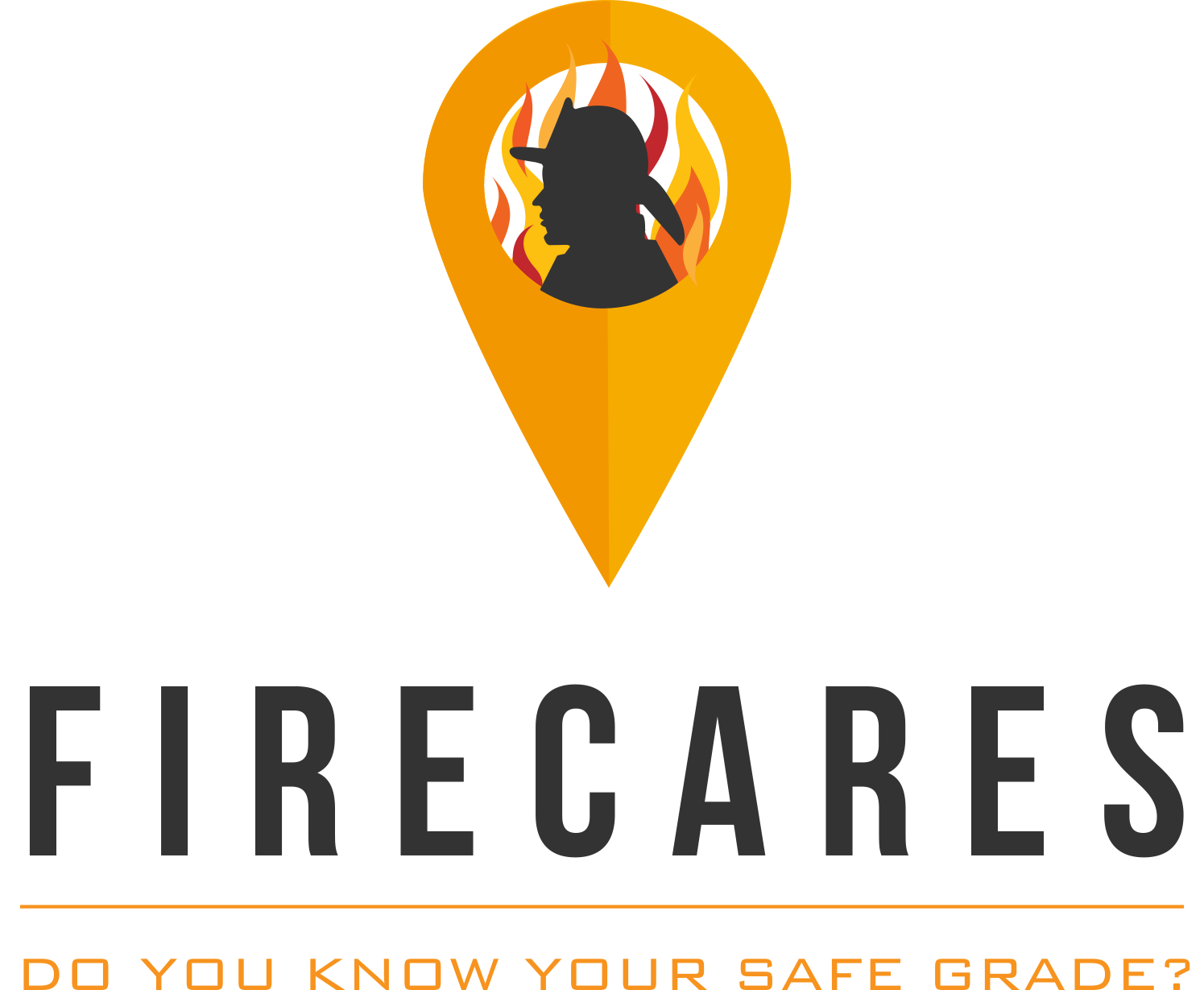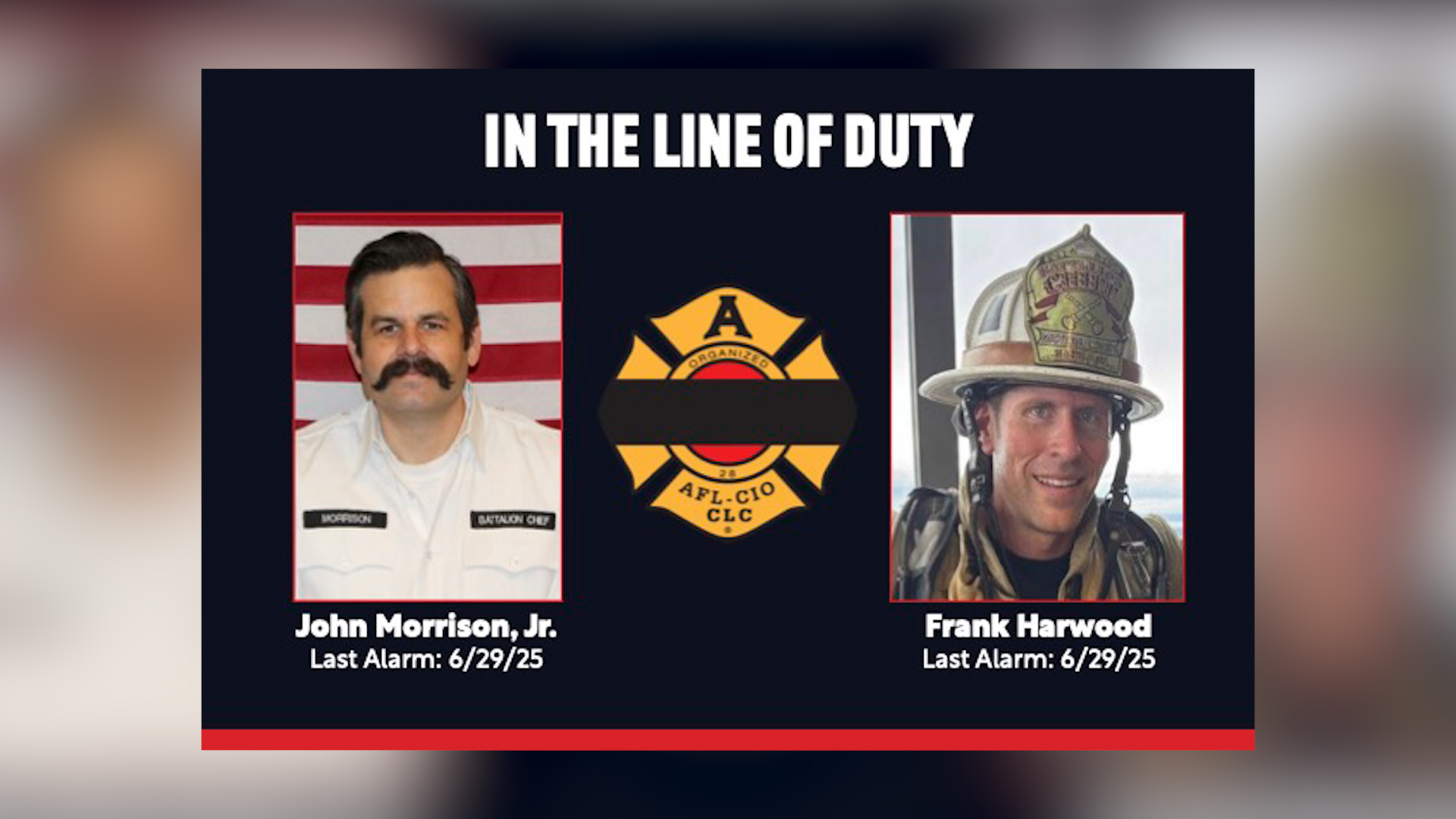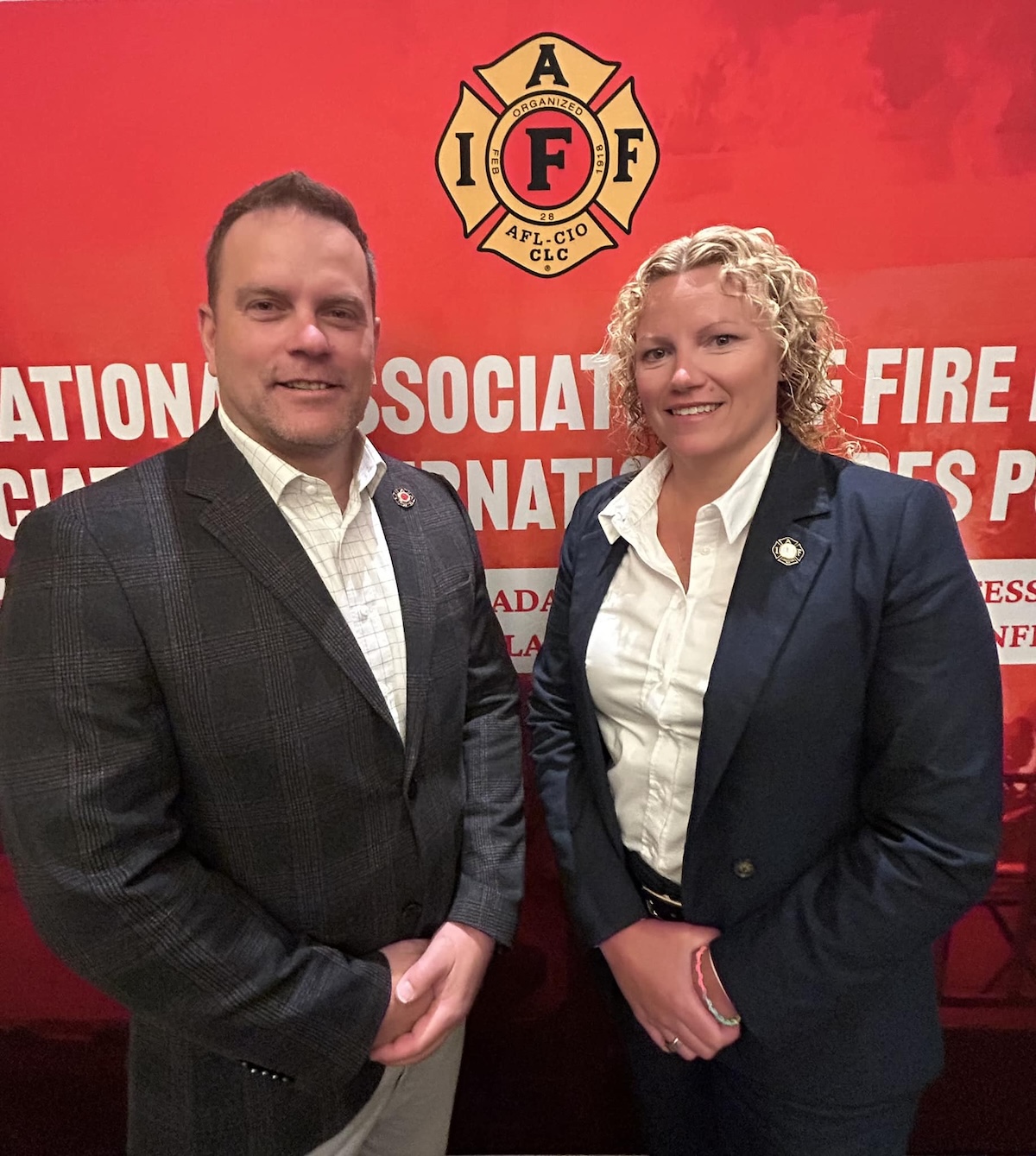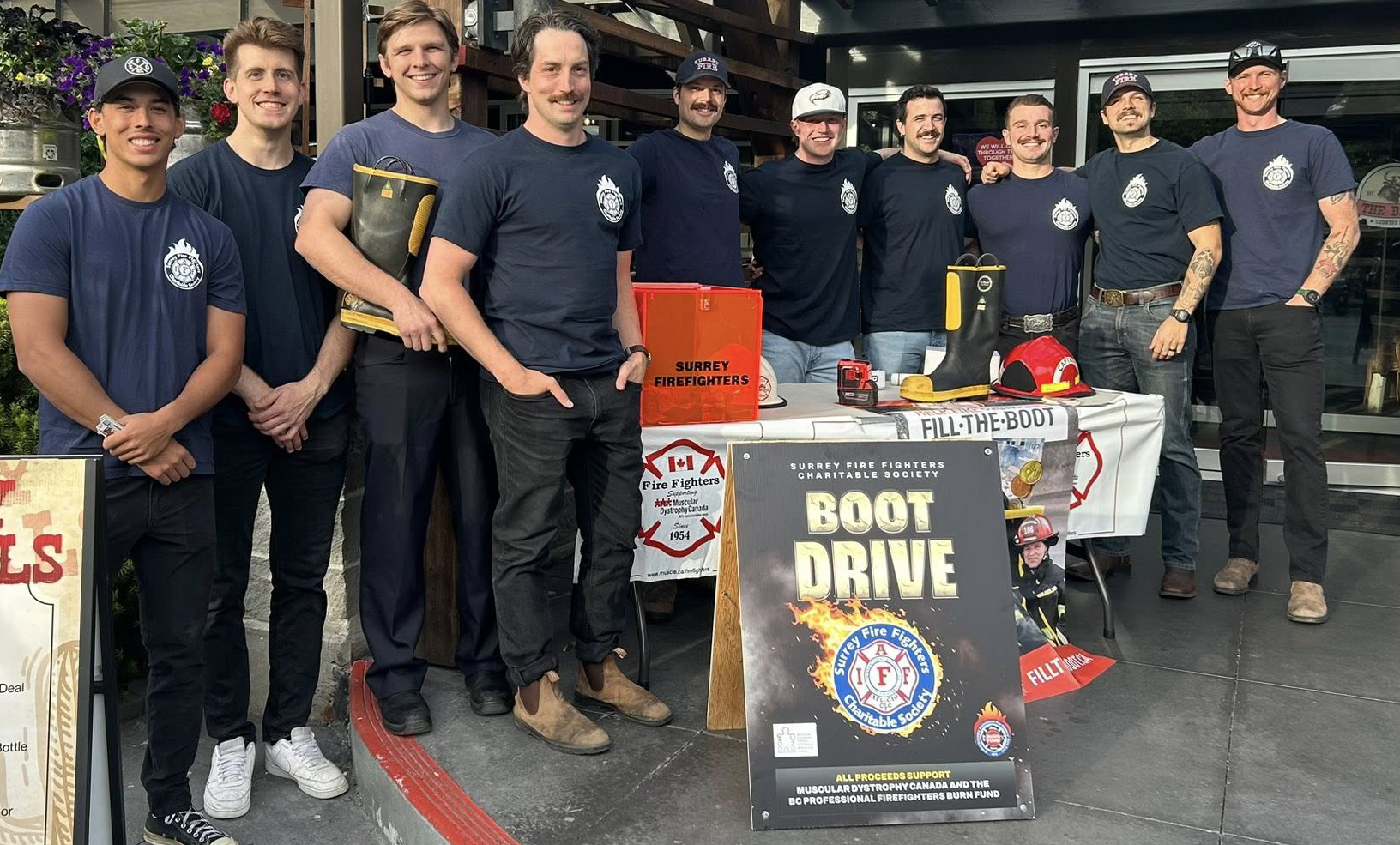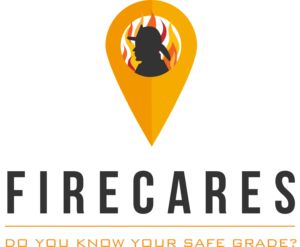 Imagine having a professional diary of every response, listing each incident focused on operations, your role and, most importantly, exposures to toxins you have encountered. And, by the way, it’s almost completely automated.
Imagine having a professional diary of every response, listing each incident focused on operations, your role and, most importantly, exposures to toxins you have encountered. And, by the way, it’s almost completely automated.
Welcome to the new world of NFORS, the National Fire Operations Reporting System.
At the policy-making level, NFORS is a fire service analytical system, the most comprehensive means of getting accurate and real-time information to help fire service leaders assure adequate fire resources, optimize fire operations, reduce fire fighter injury and death, minimize civilian injury and death and reduce property loss.
For the fire fighter/paramedic running calls, NFORS is a personal data profile providing a detailed history of your work in a private, encrypted, secure online environment, all available on a mobile device.
Unlike the current National Fire Incident Reporting System (NFIRS), which requires you to enter all the details about the incident individually, NFORS uses a fire department’s Computer Aided Dispatch System (CAD), Records Management System (RMS) or data warehouses to automate the process, making the collection of information more efficient and the data more accurate.
But NFORS also does more than just report the details of an incident, it digs deeper to provide a richer and fuller analysis.
“We need more information than the response time and how many people arrived on the scene,” says IAFF Assistant to the General President Lori Moore-Merrell. “Instead, we are asking new questions. What was the environment like when fire fighters arrived? What did fire fighters do, and what was the engagement with the fire? What toxic issues were encountered? That’s what really matters when making decisions about resources and safety.”
For the most part, fire fighters shy away from data and reporting. It’s cumbersome, it’s time consuming and the methods of collection are outdated. NFORS changes all of that.
For example, as more states enact presumptive legislation providing workers’ compensation coverage for fire fighters who contract occupational cancer, the NFORS Personal Exposure Record provides the needed evidence to support claims. Today, many fire fighters struggle to gather proof that on-the-job toxic exposures are linked to their cancer. With NFORS, all the information is housed in one place.
In addition, NFORS does not require users to record incident data or information about the call — just easy questions related to personal exposures. This personal information is designed to keep diaries accurate in case a health issue arises.
NFORS, funded by the Department of Homeland Security(DHS)/Federal Emergency Management Agency (FEMA) Assistance to Firefighters (FIRE Act) grant program, was created in parallel with FireCARES, a system designed to help community leaders better understand how safe their community is based on a risk score, a performance score and a safe grade that compares the fire department to industry operational standards. In other words, FireCARES helps affiliates work with their fire departments to have more science-based discussions on how to address resource needs compared to risks.
To get started, call your local president or fire chief to schedule a department demo of NFORS. The analytics are available at no cost to the department. If your fire department is already on board, you can create your own personal exposure account that will follow your career for life, no matter where you work, as long as the department is on the NFORS system.
For more information, visit www.nfors.org.
